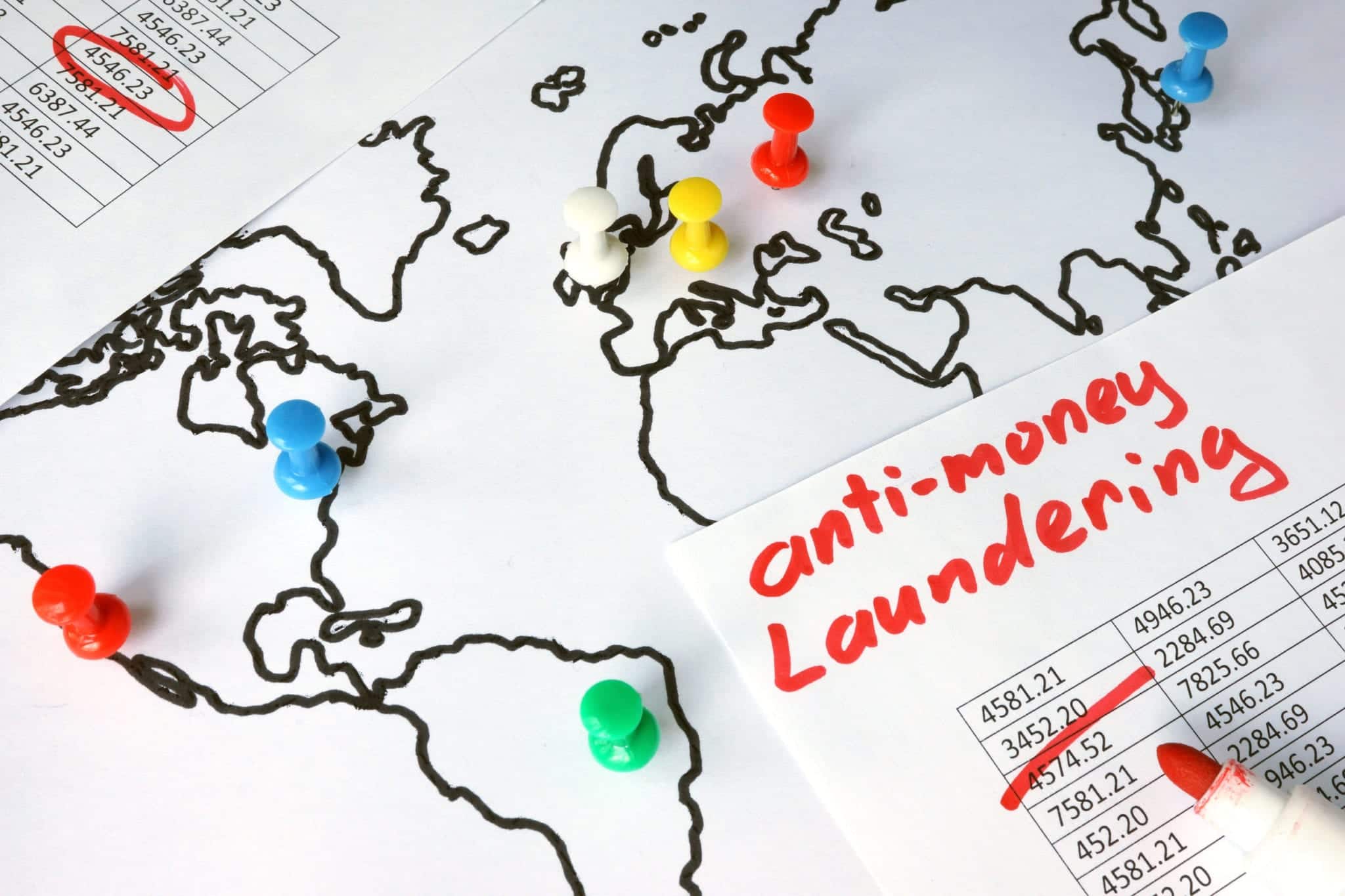In case you thought “blood diamonds” weren’t enough, here comes “blood gold.”
One of the most disturbing narratives from 2018 was the developments in the “blood gold” industry which have made its way from Latin America to South Florida and big Fortune 500 companies.
As authorities try to figure out ways to track gold that was mined through destructive and dangerous means, investigators are desperately trying to crack down on its connection to drug trafficking and money laundering.
How Exactly Is Blood Gold Used in Money Laundering Schemes?
It’s not easy to track where “blood gold” comes from. It may be mined somewhere in Latin America, possibly by children. However, by the time it gets to the United States and is sold to companies like General Motors or Apple, most buyers don’t even bother to check its origins.This confusion and anonymity sparked the interest of money launderers, specifically drug traffickers.
Why?
Because drug traffickers make loads of cash by moving illegal drugs (most notably cocaine) throughout the Americas. All of this cash looks suspicious, though, so many turn to money laundering to protect themselves from federal law enforcement agencies .
People can launder money into real estate, international bank accounts, precious metals, and more. In this case, drug traffickers are trading in their drug money for gold. Then, they bring the gold to the United States and sell it for “clean” cash that doesn’t raise as many red flags.
This cleansing of dirty money has prompted law enforcement authorities to figure out ways that businesses can track the source of imported gold. Blockchain technology may be the solution, but ideas are also being explored.
Who Can Be Charged with Money Laundering?
“Blood gold” may go through a lot of hands from mining to selling department stores throughout the United States. That raises an important question: who can face criminal consequences if they are involved in money laundering?
Don’t throw out all your gold jewelry just yet.
Federal laws define money laundering as “knowing that the property involved in a financial transaction represents the proceeds of some form of unlawful activity, conduct[ing] or attempt[ing] to conduct such a financial transaction which in fact involves the proceeds of specified unlawful activity—with the intent to promote the carrying on of specified unlawful activity.”
Basically, if you know that money or property was accumulated through illegal means and you make a deal involving that money or property anyway, you may be in trouble. However, simply buying a gold necklace at the store that happened to be part of a money laundering scheme shouldn’t get you into trouble.
The primary interest of federal law enforcement is to target gold traders who are the link between drug traffickers holding “blood gold” and American gold refiners.
In March 2017, prosecutors charged three gold traders with federal money laundering. The three were accused of buying more than $3 billion in illegal gold and bringing it gold to NTR Metals in South Florida.
Now, gold refiners across Miami and South Florida are on edge. Investigators continue to look for other instances of money laundering and “blood gold” trading.
Penalties for Federal Money Laundering
In general, penalties for federal money laundering include a prison sentence of up to 20 years and fines that can be up to $500,000 or twice the amount of money that was laundered.
Defendants who get tied up with billions of dollars of blood gold certainly have a serious case on their hands.
Of course, money laundering doesn’t just involve Latin American drug lords or blood gold.
Our own President has been investigated for money laundering, and Dance Moms star Abby Lee Miller has gone to prison on similar charges.
If you are afraid you might be charged with money laundering, it is vital that you reach out to a skilled federal criminal lawyer as soon as possible.





